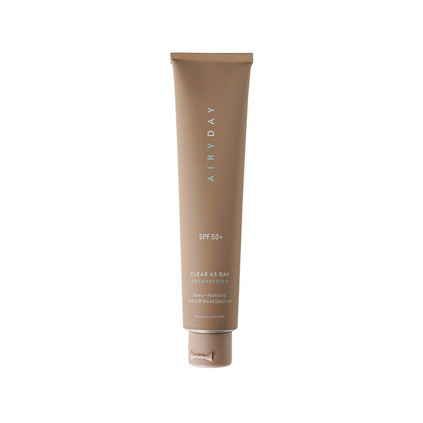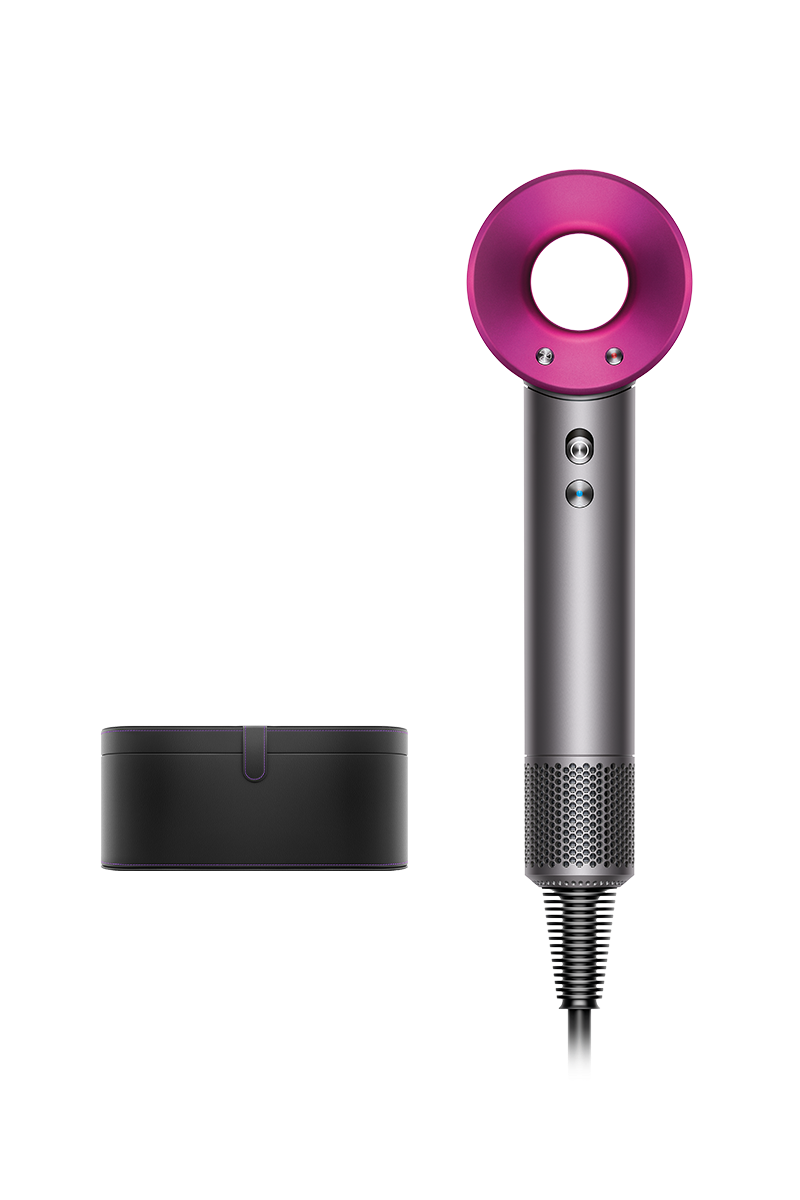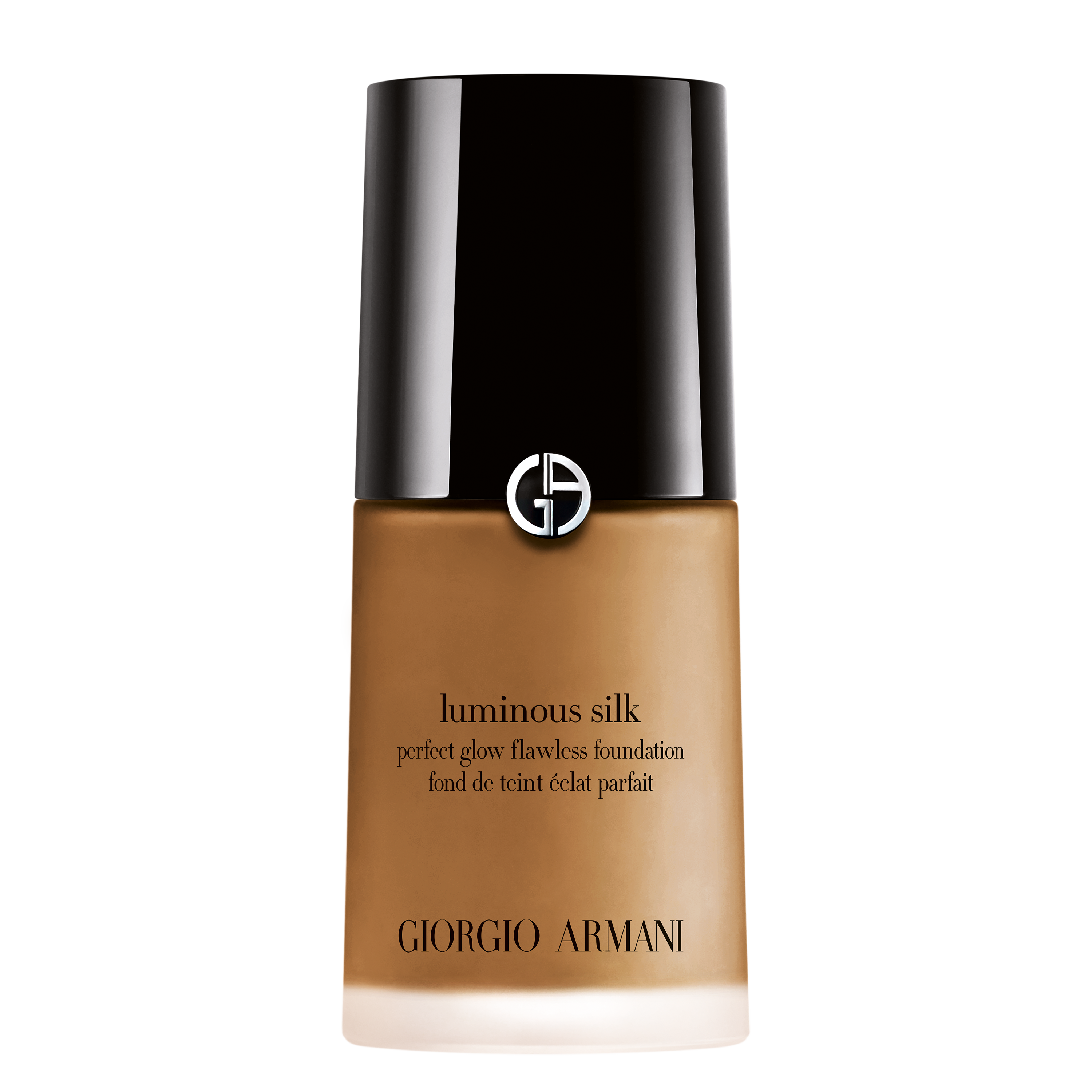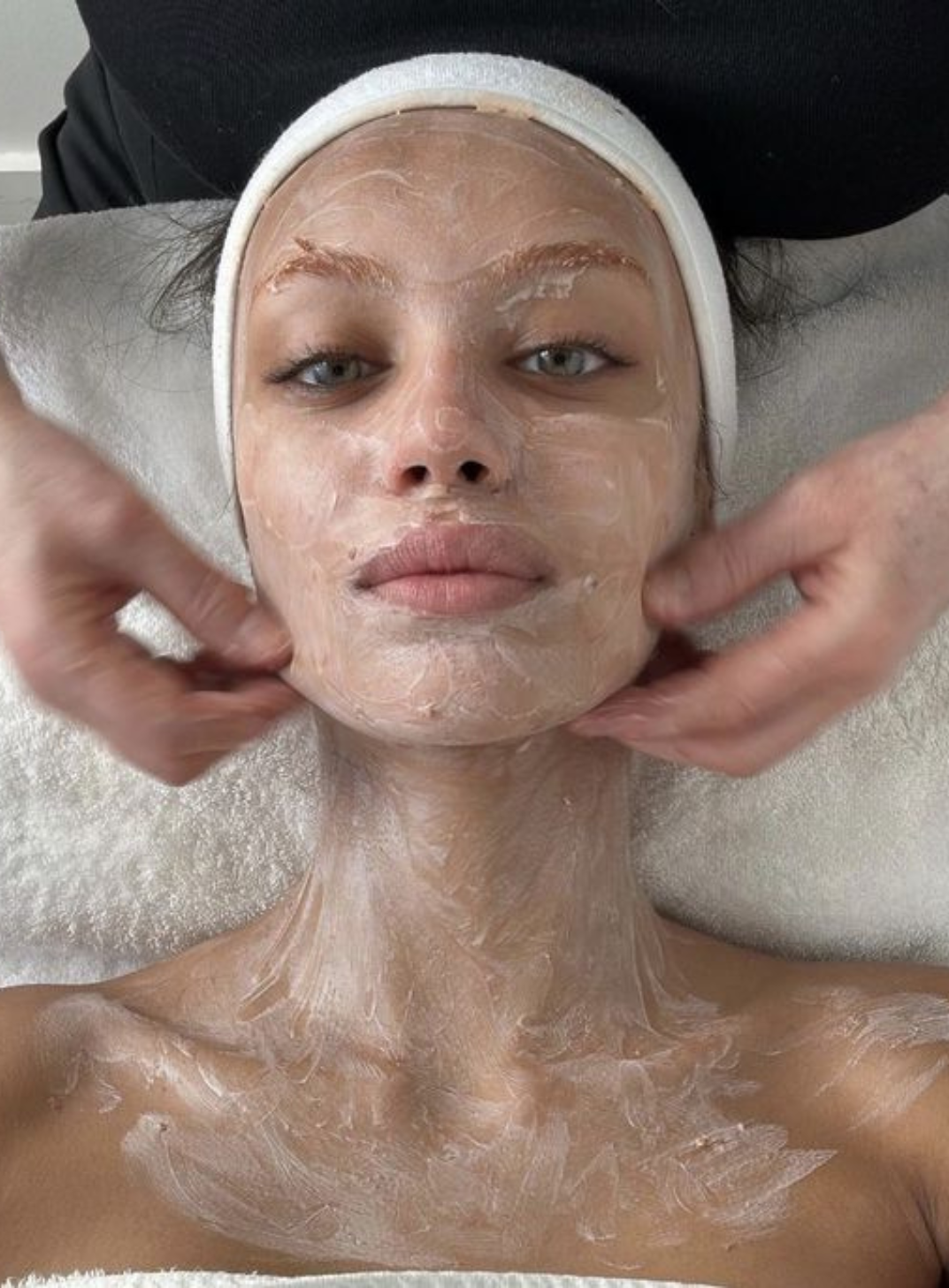The Skin Benefits of Topical Vs Ingestible Vitamin C
We get the low-down from an expert.
Vitamin C is the skincare ingredient of the last few years. We’ve seen the rise of vitamin C serums, moisturisers, eye creams and even cleansers, each promising us brighter and more vibrant skin. But do we really need to be spending our hard earned money on more products if we’re already ingesting vitamin C in our everyday lives? Is it true that topical vitamin C is no more beneficial than ingesting it? These are questions we’ve come across on more than one occasion recently, so, naturally, we thought we’d get to the bottom of it.
Here, we’ve recruited the help of Gritty Pretty friend, General Practitioner and Cosmetic Physician, Dr Prasanthi Purusothaman, to take us through the nitty gritty of whether we can expect the same skin benefits when ingesting vitamin C as opposed to introducing it topically in our skincare routines.
Hint: don’t throw away those beloved vitamin C serums just yet.
Gritty Pretty (GP): Can you explain what vitamin C is and the benefits of using it in our skincare routines?
Dr Prasanthi Purusothaman (Dr P): Vitamin C is a multipurpose ingredient and vitamin. It’s a water soluble molecule that in its pure form, needs to sit at a pH below 3.5-4 if it’s to penetrate our skin’s barrier with topical application. It has the following extensive list of benefits:
- Protects against UV induced damage and scavenges Reactive Oxygen Species making it an effective antioxidant.
- It can stimulate fibroblasts—a cell in the skin responsible for producing collagen. It also promotes collagen production by acting as a cofactor in hydroxyproline and hydroxylysine synthesis, hence regulating production for bouncier, firmer skin.
- Vitamin C is a tyrosinase inhibitor—an enzyme responsible for synthesis melanin or pigment in the skin—blocking its activity to improve pigmentary disorders in the skin.
- Decreases Matrix Metalloproteinases, which, in turn stops the breakdown of collagen.
- It acts as an anti-inflammatory by reducing pro-inflammatory cytokine production to mitigate redness from external stressors.
- Capable of recycling photo-oxidised a-tocopherol (vitamin E) thereby regenerating vitamin E and contributing to an antioxidant reservoir in the skin.
- Photoprotective benefits such as protecting against sunburn.
- It can help with lipid synthesis to improve skin barrier function.
- Protection against UV induced immunosuppression by maintaining the activity of immune cells in the epidermis.
- Safe for use in pregnancy and breastfeeding.
GP: Can you break down the skin benefits of ingestible vs topical vitamin C?
Dr P: Both vitamin C orally and topically have the same benefits as those listed above. That is, reducing photoageing, hyperpigmentation, tissue inflammation and aiding the promotion of tissue healing.
GP: Is it true that topical vitamin C might be no more beneficial to our skin than ingesting it? Should we be giving up our vitamin C serums?
Dr P: There is conflicting evidence around whether oral ingestion of vitamin C supplements adequately increase vitamin C levels in the skin. Some studies say bioavailability is inadequate with oral administration, whereas others say oral supplementation can effectively increase levels. What is important with the latter is that it seems to do so only if plasma (blood level) concentrations of vitamin C are low to begin with—when these plasma levels are already saturated, skin vitamin C levels will not rise.
Further, some studies say that the majority of ingested vitamin C is not held in the skin tissue. Rather, it is maintained in cells and tissues at high concentrations in white blood cells, eyes, adrenal glands, pituitary gland, and brain.
This is why we shouldn’t rely on one or the other, but rather consider the benefits of both for overall skin health. I would also advocate for consumption of whole foods rich in vitamin C, such as fruit and vegetables, before turning to supplementation for vitamin C orally.
Given that our skin is highly dependent on this vitamin for appropriate cell functioning–and we know that ageing, excessive sun and pollutant exposure can cause a decline in vitamin C content in both the epidermis and dermis—there is a role for both oral and topical vitamin C.
Vitamin C is a sensitive soul, very reactive and easily loses its antioxidant properties when exposed to sun, air, heat and other chemicals. To prevent it from oxidising and deactivating, a pure vitamin C product should come in air-tight, solid packaging (no clear bottles) and be stored in a cool, dark environment away from direct sunlight. If your product has turned brown, the formula has oxidised and is no longer effective.
Another thing to look for is L-Ascorbic acid combined with vitamin E or other antioxidants like ferulic acid, which improve both the absorption, function and stability of the L-Ascorbic acid. One study showed that the addition of ferulic acid (a potent ubiquitous plant antioxidant) doubled the photoprotective benefits of vitamin C when combined with L-Ascorbic acid and vitamin E in solution.
Pure L-Ascorbic acid is notoriously unstable, and so it may not be exerting all the benefits if destabilising before getting into the layers of the skin where it can exert its effect. Similarly, vitamin C esters meant to be more ‘stable’ for better stability and penetration to do its thing do not have the same bodies of good quality evidence to substantiate the claims as well as pure L-Ascorbic.
GP: I find topical vitamin C doesn’t agree with my sensitive skin. Is there an ingredient that offers similar results?
Dr P: It could be worthwhile exploring an ester rather than pure vitamin C, usually this confers better tolerability in sensitive skin types. 3-0 ethyl ascorbic acid and tetrahexyldecyl ascorbate are my personal go-to ester favourites with all the perks of L-Ascorbic, as well as better absorption and tolerability for sensitive skin types. Sodium ascorbyl phosphate is great for acne prone skin, although it’s often cheaper to formulate there is good evidence comparable to L-Ascorbic acid. If you can’t tolerate any vitamin C, it’s worth considering what benefits you’re after. Are you looking for collagen stimulation, treatment of hyperpigmentation or antioxidant benefits? Recommendations for alternatives are based on the outcome you are after.
For collagen stimulation, look to use retinols (lower dose in sensitive skin) and AHA’s (lactic and mandelic for more sensitive skin).
For hyperpigmentation, introduce azelaic acid, alpha arbutin or low dose kojic acid (two per cent).
For antioxidant benefits, resveratrol or niacinamide are good alternatives.
GP: What are your top vitamin C skincare products that you would recommend?
Dr P:
Pure Vitamin C:
Splurge: SkinCeuticals C E Ferulic Serum, $242 from Adore Beauty
Mid range: L’OREAL Revitalift Clinical Pure Vitamin C Serum 12%, $59.99 from Adore Beauty or Paula’s Choice C15 Super Booster, $74 from Paula’s Choice
Budget: CeraVe Skin Renewing Vitamin C Serum, $33.39 from Chemist Warehouse
Vitamin C Esters:
Splurge: Allies of Skin 35% Vitamin C+ Perfecting Serum, $248.38 from Revolve
Mid range: Medik8 C-Tetra Lipid Vitamin C Antioxidant Serum, $86 from Adore Beauty or Alpha H Vit C Serum With 10% Ethyl Ascorbic Acid, $85 from Sephora
Budget: The Ordinary Ascorbyl Tetrahexyldecyl Solution 20% in Vitamin F, $31.20 from Adore Beauty
Ingestibles:
Splurge: Vida Glow Collagen Liquid Advance with Vitamin C, $70 from Sephora
The Skin Benefits of Topical Vs Ingestible Vitamin C
We get the low-down from an expert.
Vitamin C is the skincare ingredient of the last few years. We’ve seen the rise of vitamin C serums, moisturisers, eye creams and even cleansers, each promising us brighter and more vibrant skin. But do we really need to be spending our hard earned money on more products if we’re already ingesting vitamin C in our everyday lives? Is it true that topical vitamin C is no more beneficial than ingesting it? These are questions we’ve come across on more than one occasion recently, so, naturally, we thought we’d get to the bottom of it.
Here, we’ve recruited the help of Gritty Pretty friend, General Practitioner and Cosmetic Physician, Dr Prasanthi Purusothaman, to take us through the nitty gritty of whether we can expect the same skin benefits when ingesting vitamin C as opposed to introducing it topically in our skincare routines.
Hint: don’t throw away those beloved vitamin C serums just yet.
Gritty Pretty (GP): Can you explain what vitamin C is and the benefits of using it in our skincare routines?
Dr Prasanthi Purusothaman (Dr P): Vitamin C is a multipurpose ingredient and vitamin. It’s a water soluble molecule that in its pure form, needs to sit at a pH below 3.5-4 if it’s to penetrate our skin’s barrier with topical application. It has the following extensive list of benefits:
- Protects against UV induced damage and scavenges Reactive Oxygen Species making it an effective antioxidant.
- It can stimulate fibroblasts—a cell in the skin responsible for producing collagen. It also promotes collagen production by acting as a cofactor in hydroxyproline and hydroxylysine synthesis, hence regulating production for bouncier, firmer skin.
- Vitamin C is a tyrosinase inhibitor—an enzyme responsible for synthesis melanin or pigment in the skin—blocking its activity to improve pigmentary disorders in the skin.
- Decreases Matrix Metalloproteinases, which, in turn stops the breakdown of collagen.
- It acts as an anti-inflammatory by reducing pro-inflammatory cytokine production to mitigate redness from external stressors.
- Capable of recycling photo-oxidised a-tocopherol (vitamin E) thereby regenerating vitamin E and contributing to an antioxidant reservoir in the skin.
- Photoprotective benefits such as protecting against sunburn.
- It can help with lipid synthesis to improve skin barrier function.
- Protection against UV induced immunosuppression by maintaining the activity of immune cells in the epidermis.
- Safe for use in pregnancy and breastfeeding.
GP: Can you break down the skin benefits of ingestible vs topical vitamin C?
Dr P: Both vitamin C orally and topically have the same benefits as those listed above. That is, reducing photoageing, hyperpigmentation, tissue inflammation and aiding the promotion of tissue healing.
GP: Is it true that topical vitamin C might be no more beneficial to our skin than ingesting it? Should we be giving up our vitamin C serums?
Dr P: There is conflicting evidence around whether oral ingestion of vitamin C supplements adequately increase vitamin C levels in the skin. Some studies say bioavailability is inadequate with oral administration, whereas others say oral supplementation can effectively increase levels. What is important with the latter is that it seems to do so only if plasma (blood level) concentrations of vitamin C are low to begin with—when these plasma levels are already saturated, skin vitamin C levels will not rise.
Further, some studies say that the majority of ingested vitamin C is not held in the skin tissue. Rather, it is maintained in cells and tissues at high concentrations in white blood cells, eyes, adrenal glands, pituitary gland, and brain.
This is why we shouldn’t rely on one or the other, but rather consider the benefits of both for overall skin health. I would also advocate for consumption of whole foods rich in vitamin C, such as fruit and vegetables, before turning to supplementation for vitamin C orally.
Given that our skin is highly dependent on this vitamin for appropriate cell functioning–and we know that ageing, excessive sun and pollutant exposure can cause a decline in vitamin C content in both the epidermis and dermis—there is a role for both oral and topical vitamin C.
Vitamin C is a sensitive soul, very reactive and easily loses its antioxidant properties when exposed to sun, air, heat and other chemicals. To prevent it from oxidising and deactivating, a pure vitamin C product should come in air-tight, solid packaging (no clear bottles) and be stored in a cool, dark environment away from direct sunlight. If your product has turned brown, the formula has oxidised and is no longer effective.
Another thing to look for is L-Ascorbic acid combined with vitamin E or other antioxidants like ferulic acid, which improve both the absorption, function and stability of the L-Ascorbic acid. One study showed that the addition of ferulic acid (a potent ubiquitous plant antioxidant) doubled the photoprotective benefits of vitamin C when combined with L-Ascorbic acid and vitamin E in solution.
Pure L-Ascorbic acid is notoriously unstable, and so it may not be exerting all the benefits if destabilising before getting into the layers of the skin where it can exert its effect. Similarly, vitamin C esters meant to be more ‘stable’ for better stability and penetration to do its thing do not have the same bodies of good quality evidence to substantiate the claims as well as pure L-Ascorbic.
GP: I find topical vitamin C doesn’t agree with my sensitive skin. Is there an ingredient that offers similar results?
Dr P: It could be worthwhile exploring an ester rather than pure vitamin C, usually this confers better tolerability in sensitive skin types. 3-0 ethyl ascorbic acid and tetrahexyldecyl ascorbate are my personal go-to ester favourites with all the perks of L-Ascorbic, as well as better absorption and tolerability for sensitive skin types. Sodium ascorbyl phosphate is great for acne prone skin, although it’s often cheaper to formulate there is good evidence comparable to L-Ascorbic acid. If you can’t tolerate any vitamin C, it’s worth considering what benefits you’re after. Are you looking for collagen stimulation, treatment of hyperpigmentation or antioxidant benefits? Recommendations for alternatives are based on the outcome you are after.
For collagen stimulation, look to use retinols (lower dose in sensitive skin) and AHA’s (lactic and mandelic for more sensitive skin).
For hyperpigmentation, introduce azelaic acid, alpha arbutin or low dose kojic acid (two per cent).
For antioxidant benefits, resveratrol or niacinamide are good alternatives.
GP: What are your top vitamin C skincare products that you would recommend?
Dr P:
Pure Vitamin C:
Splurge: SkinCeuticals C E Ferulic Serum, $242 from Adore Beauty
Mid range: L’OREAL Revitalift Clinical Pure Vitamin C Serum 12%, $59.99 from Adore Beauty or Paula’s Choice C15 Super Booster, $74 from Paula’s Choice
Budget: CeraVe Skin Renewing Vitamin C Serum, $33.39 from Chemist Warehouse
Vitamin C Esters:
Splurge: Allies of Skin 35% Vitamin C+ Perfecting Serum, $248.38 from Revolve
Mid range: Medik8 C-Tetra Lipid Vitamin C Antioxidant Serum, $86 from Adore Beauty or Alpha H Vit C Serum With 10% Ethyl Ascorbic Acid, $85 from Sephora
Budget: The Ordinary Ascorbyl Tetrahexyldecyl Solution 20% in Vitamin F, $31.20 from Adore Beauty
Ingestibles:
Splurge: Vida Glow Collagen Liquid Advance with Vitamin C, $70 from Sephora
















Comments